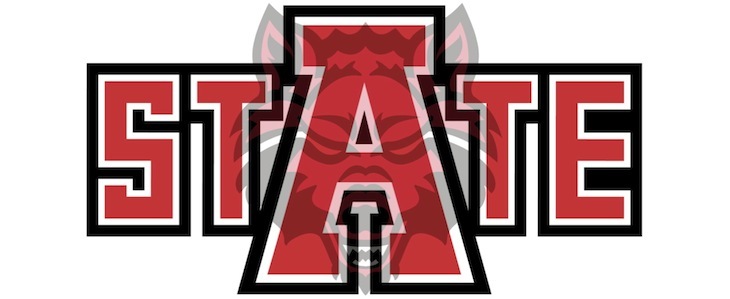Arkansas State University files lawsuit against University of Miami over missed football game
by February 19, 2018 12:01 pm 838 views

The University of Miami opted to not play a scheduled football game against Arkansas State University in Jonesboro on Sept. 9, and now the two institutions are locked in a court battle.
ASU filed a lawsuit in Craighead County Circuit Court seeking $650,000, a buyout contractually agreed upon by both schools if the game wasn’t played. Miami decided not to play as Hurricane Irma was set to strike southern Florida a couple days after the game.
“It’s unfortunate that we have reached this point, but Miami’s actions left us with no choice. We look forward to proceeding to trial,” ASU System Counsel Brad Phelps said.
When the case will be adjudicated in court is unknown. ASU administrators have not commented on the issue due to the pending litigation. Phelps said last week Miami officials told him the school would not pay the $650,000 buyout, and the game could be rescheduled in 2024 or later. According to the original contract, the buyout was supposed to be paid by Feb. 15.
UM Athletic Director Blake James said “we believe strongly in our standing and will not comment further as both parties’ attorneys bring this to resolution,” according to the Miami Herald.
Phelps sent a letter earlier in February to the University of Miami’s general counsel outlining why the game should be rescheduled sooner or the buyout should be paid. Miami has open home dates in 2020 and 2021, but wouldn’t reschedule the ASU game on those dates.
ASU Athletics Director Terry Mohajir attempted to have the game moved to Sept. 8 and offered to pay up to $88,000 for a charter flight for the Miami football team to fly into nearby Memphis, the letter states. It was also noted that seven other Florida colleges and universities played games that weekend, and ESPN was willing to move the televised game to Sept. 8. Hotels could have been reserved in Jonesboro for the team if travel wasn’t possible, and ASU offered to let the team use its facilities to practice, the letter stated.
“Despite these offers, accommodations, and a number of unilateral efforts on behalf of ASU, Miami refused to appear. This refusal caused ASU, the community of Jonesboro and others significant harm,” the letter states.
ASU-Jonesboro Chancellor Dr. Kelly Damphousse talked to Miami President Dr. Julio Frenk to discuss a potential resolution. Mohajir contacted James and told him extending a two-game agreement beyond a decade would be detrimental to ASU. The schools played in Miami in 2013.
ASU home games generate $1.285 million in out-of-town tourist economic activity per game, according to a study conducted by ASU. A marquee opponent like Miami would have lured a better than average crowd, meaning the impacts are likely greater.
Most road opponents ask for 4,000 tickets for fans, but nationally recognized programs ask for upwards of 10,000. If 10,000 tickets had been sold, the tourism economic impacts would have ballooned to $4.251 million. The study didn’t tabulate spending by fans who live in the city correlating to the game or include tailgating.
